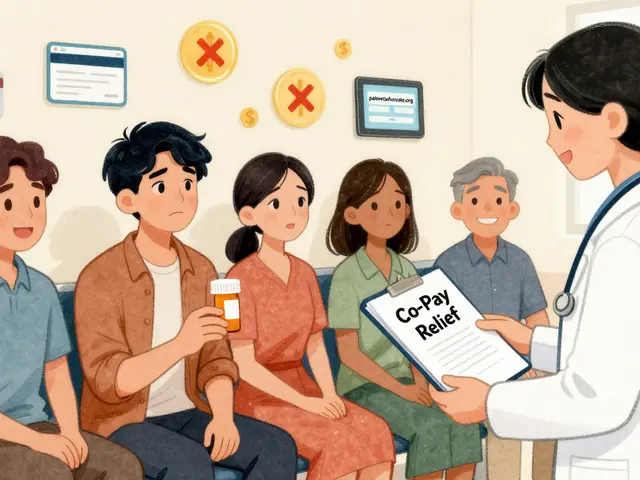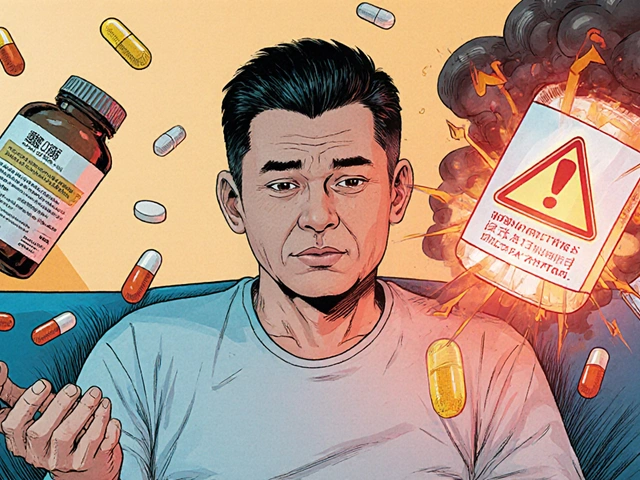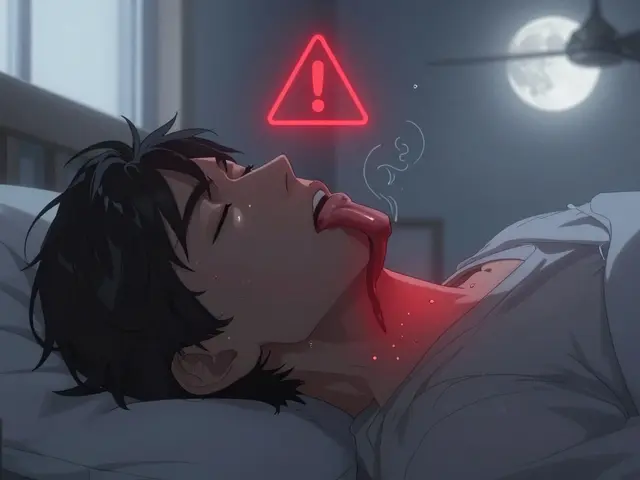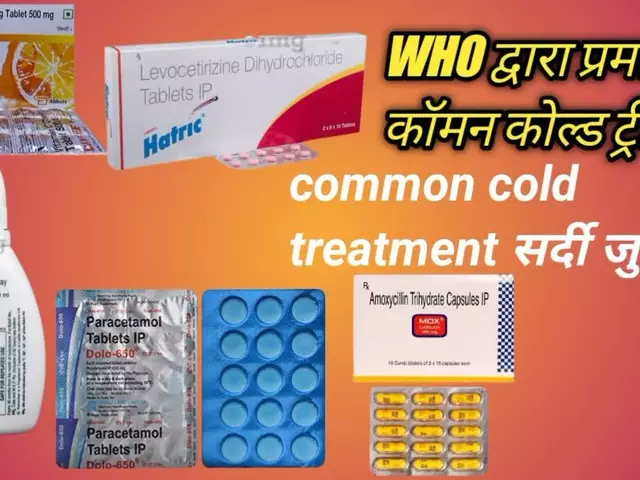Generic Drug Delay: Why Your Prescription Might Be Late and What to Do
When you rely on a generic drug, a lower-cost version of a brand-name medication that contains the same active ingredient and meets the same safety and effectiveness standards. Also known as generic medications, it is meant to be just as reliable as the brand-name version—but sometimes, it just isn’t available when you need it. This isn’t a glitch. It’s a growing problem. Generic drug delays happen because of manufacturing shortages, raw material shortages, regulatory holdups, or even companies deciding it’s not profitable to keep making a cheap drug. The result? You show up at the pharmacy, your prescription is ready, and they tell you it’s out of stock. Again.
These delays aren’t just annoying—they can be dangerous. If you’re taking a blood pressure pill like metoprolol, a beta blocker used to treat high blood pressure and heart conditions, or a diabetes med like metformin, the most common oral medication for type 2 diabetes, even a few days off can cause your numbers to spike. And switching to another generic version isn’t always simple. Different manufacturers use different fillers or coatings, and some people notice changes in how the drug works—or how it makes them feel. That’s why many patients stick with the same generic brand, even if it’s harder to find.
The drug supply chain, the network of manufacturers, distributors, and pharmacies that deliver medications from production to patients is fragile. Most generic drugs are made overseas, and when a factory in India or China has an inspection issue, or a shipment gets stuck at customs, the ripple effect hits your local pharmacy. Even small changes in FDA rules or packaging requirements can cause delays. And while brand-name drugs often get priority for restocking, generics are treated like commodities—until they’re gone.
But you’re not powerless. Pharmacies can often order from alternate suppliers. Your doctor can sometimes switch you to a different generic version or, in urgent cases, a brand-name drug with a coupon. Some states have laws requiring pharmacies to notify you if a generic is unavailable. And if you’re on a fixed income, ask about patient assistance programs—some manufacturers offer free or low-cost meds if you qualify. Don’t just wait. Call ahead. Ask for alternatives. Keep a 7-day supply on hand if you can.
What you’ll find below are real stories and practical guides about how generic drugs work, why they sometimes vanish, and how people are navigating these delays without compromising their health. From how specialty pharmacies handle generic specialty drugs to why some countries have better access than others, these posts give you the tools to ask the right questions and push back when your treatment is at risk.
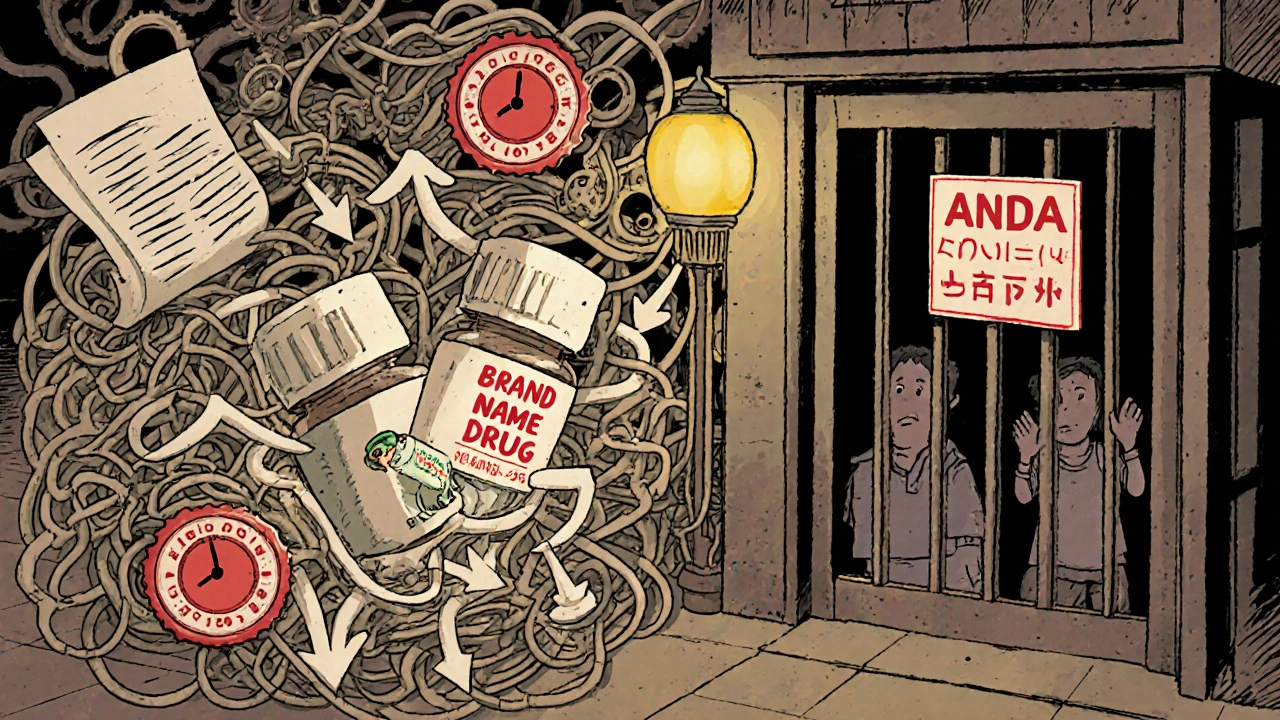
Generic Drug Availability: How Long After Patent Expiration Do They Actually Hit Shelves?
Generic drugs often take years to appear after a brand-name drug’s patent expires due to legal delays, patent thickets, and regulatory hurdles. Learn why cheaper versions don’t hit shelves right away - and what’s being done about it.
Detail
